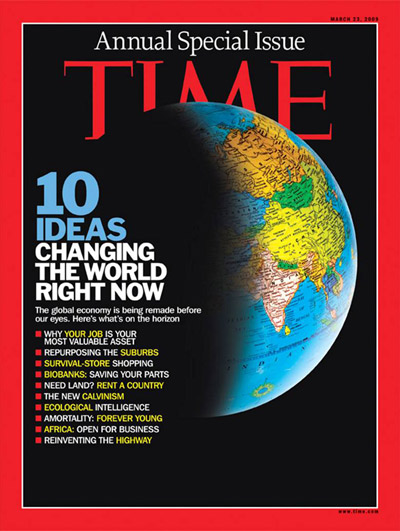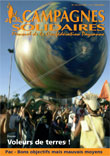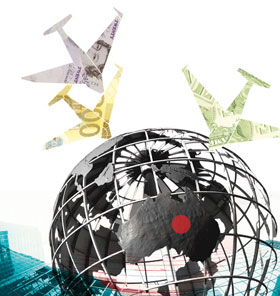Arrival of colonialism of the third kind
- The Daily Sun Star (Dhaka)
- 17 Mar 2009
The truth is that if exploitation of a developing country’s natural resources by the West is colonialism, so it is when rich countries of the South do the same.

The truth is that if exploitation of a developing country’s natural resources by the West is colonialism, so it is when rich countries of the South do the same.

“The food crisis in the spring of 2008 was a warning sign,” according to al-Obeid. Saudi Arabia is a net importer of agricultural products, especially rice, corn and soya. This fact is pushing the state to invest overseas. We’ve sent government and private-sector delegations to Turkey, Ukraine, Egypt, Sudan, Thailand, the Philippines, Vietnam, Ethiopia and Uzbekistan. These delegations have been very warmly received.”

Two listed Saudi companies plan to invest in either farming or agri-business abroad under a state-sponsored plan to ensure steady food supplies.

Dossier spécial de « Campagnes solidaires », le bulletin mensuel de la Confédération Paysanne

Foreign investors have been given licenses to run cow farms across Kurdistan Region.

Bahrain and the Philippines have signed an agreement to set up a $500 million joint agricultural company to help achieve food sufficiency in the kingdom and the GCC states.

Saudi Arabia will invest in agro-industy of Kazakhstan, reported Interfaz-Kazakhstan with reference to the Ministry of Agriculture.

Growing crops for strangers, of course, is nothing new. The long, grim march of colonialism was driven by Europe’s penchant for sugar, tea, tobacco and other crops that don’t flourish in northern climes. But as climate change and growing populations put ever more pressure on the earth, state-backed searches for land and food contracts as part of a national food-security strategy strike many as fundamentally new.

Qatar's sovereign wealth fund will turn its focus to commodities - particularly food and energy - in the second half of 2009, a senior official said yesterday.

Après avoir provoqué la crise financière, les fonds spéculatifs commencent à s’intéresser au foncier.

Cambodia's traditional sectors are foundering in the wake of the global financial crisis, but the Kingdom's farmlands could bring billions from Middle Eastern countries seeking food security.

The United Arab Emirates plans to invest up to 700 billion US dollars in East Asia as the country had huge profits from soaring oil prices in recent years, Head of the Indonesian Capital Investment Coordinating Board Muhammad Lutfi said in Jakarta Thursday. Among the sectors for possible investment are energy, agriculture, tourism and food security.